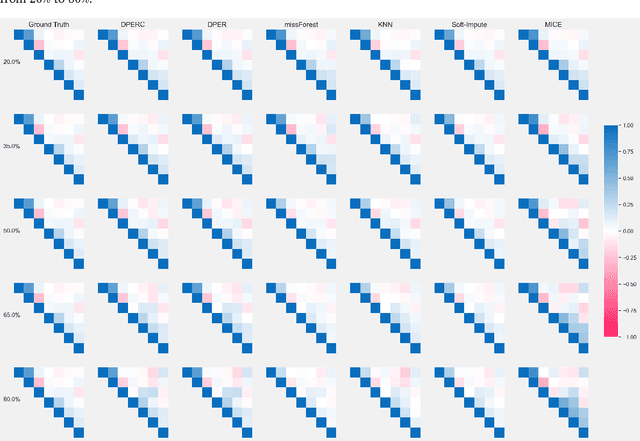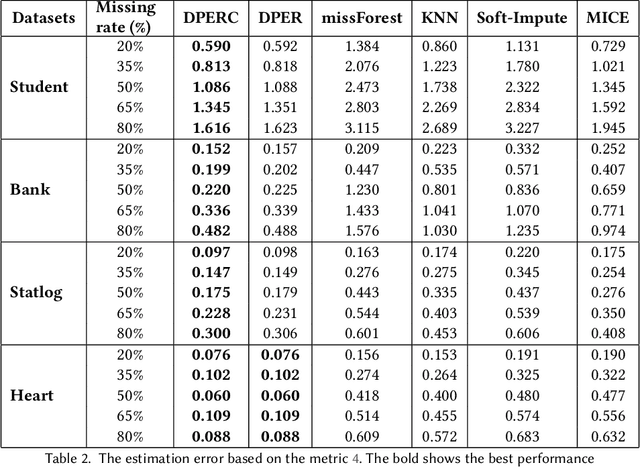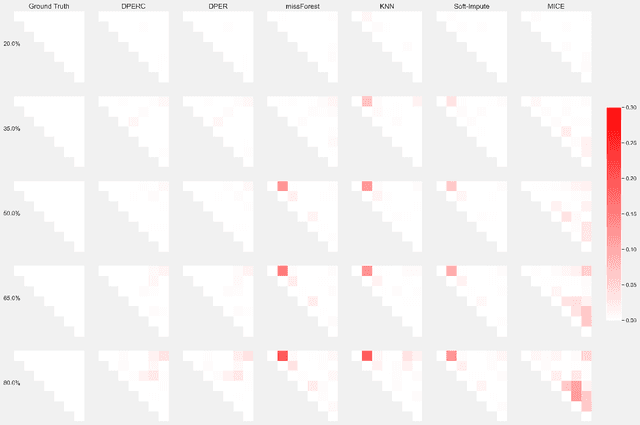Quan Huu Do
Are you SURE? Enhancing Multimodal Pretraining with Missing Modalities through Uncertainty Estimation
Apr 18, 2025Abstract:Multimodal learning has demonstrated incredible successes by integrating diverse data sources, yet it often relies on the availability of all modalities - an assumption that rarely holds in real-world applications. Pretrained multimodal models, while effective, struggle when confronted with small-scale and incomplete datasets (i.e., missing modalities), limiting their practical applicability. Previous studies on reconstructing missing modalities have overlooked the reconstruction's potential unreliability, which could compromise the quality of the final outputs. We present SURE (Scalable Uncertainty and Reconstruction Estimation), a novel framework that extends the capabilities of pretrained multimodal models by introducing latent space reconstruction and uncertainty estimation for both reconstructed modalities and downstream tasks. Our method is architecture-agnostic, reconstructs missing modalities, and delivers reliable uncertainty estimates, improving both interpretability and performance. SURE introduces a unique Pearson Correlation-based loss and applies statistical error propagation in deep networks for the first time, allowing precise quantification of uncertainties from missing data and model predictions. Extensive experiments across tasks such as sentiment analysis, genre classification, and action recognition show that SURE consistently achieves state-of-the-art performance, ensuring robust predictions even in the presence of incomplete data.
DPERC: Direct Parameter Estimation for Mixed Data
Jan 17, 2025



Abstract:The covariance matrix is a foundation in numerous statistical and machine-learning applications such as Principle Component Analysis, Correlation Heatmap, etc. However, missing values within datasets present a formidable obstacle to accurately estimating this matrix. While imputation methods offer one avenue for addressing this challenge, they often entail a trade-off between computational efficiency and estimation accuracy. Consequently, attention has shifted towards direct parameter estimation, given its precision and reduced computational burden. In this paper, we propose Direct Parameter Estimation for Randomly Missing Data with Categorical Features (DPERC), an efficient approach for direct parameter estimation tailored to mixed data that contains missing values within continuous features. Our method is motivated by leveraging information from categorical features, which can significantly enhance covariance matrix estimation for continuous features. Our approach effectively harnesses the information embedded within mixed data structures. Through comprehensive evaluations of diverse datasets, we demonstrate the competitive performance of DPERC compared to various contemporary techniques. In addition, we also show by experiments that DPERC is a valuable tool for visualizing the correlation heatmap.
A Generalization Bound of Deep Neural Networks for Dependent Data
Oct 09, 2023Abstract:Existing generalization bounds for deep neural networks require data to be independent and identically distributed (iid). This assumption may not hold in real-life applications such as evolutionary biology, infectious disease epidemiology, and stock price prediction. This work establishes a generalization bound of feed-forward neural networks for non-stationary $\phi$-mixing data.
 Add to Chrome
Add to Chrome Add to Firefox
Add to Firefox Add to Edge
Add to Edge